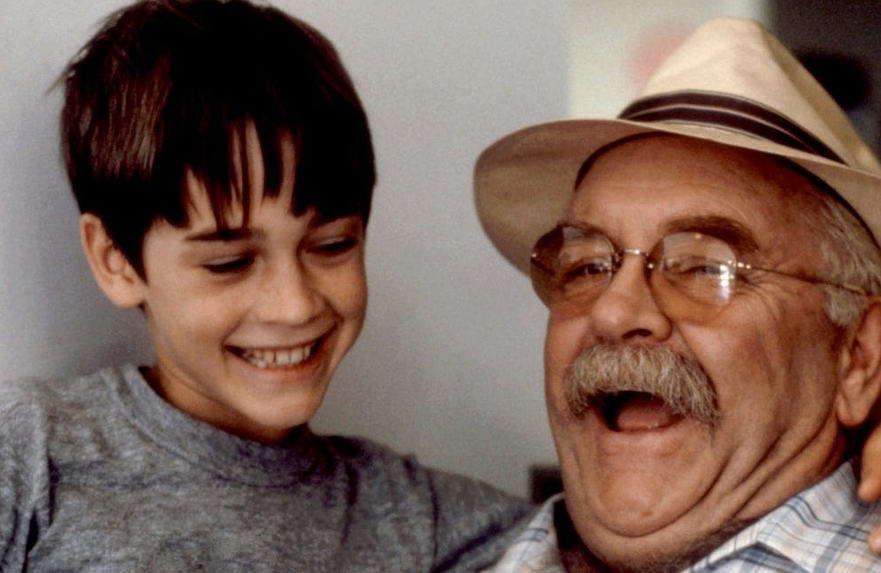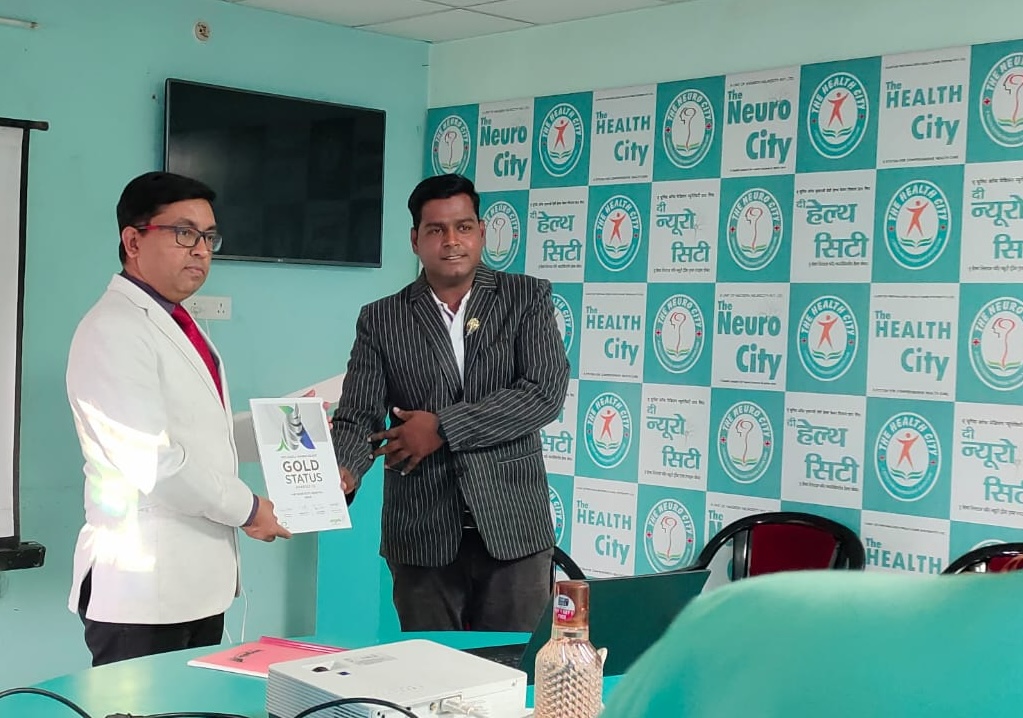
Uttar Pradesh to placówka indyjska kultura, ziemia zagłębiona w historię i bogactwa kulturowe. Najstarszy zamieszkujący region na świecie, w którym znajduje się legendarny drink, taki jak Taj Mahal i duchowe miasto Varanasi. Himalayas graniczy stan na północ, z mniejszym zasięgiem Vindhya w południu, ale między tymi górami leży ekscytująca taśma różnych tradycji, w której każdy róg opowiada historia poprzez sztukę, muzykę i atak.
Uttar Pradesh jest czwartym największym krajem w Indiach i najbardziej populacyjnym, a szacuje się, że 239 milionów ludzi stanowi jedną szóstą populacji. Stan jest podzielony na 18 działów, które z kolei dzielą się na 75 okręgów z 106 747 wiosek. Średnia gęstość populacyjna 828 osób na kilometr kwadratowy stwarza potrzebę solidnego, zorganizowanego i strategicznego podejścia do zapewnienia niezbędnej opieka zdrowotna, minimalizacji powikłań i poprawy leczenie pacjentów z udar, którzy dotarli do szpitali w odpowiednim czasie.
Zapotrzebowanie na opieka zdrowotna jest powiększone przez fakt, że sąsiadujące stany są prawie tak samo duże. Są to Bihar na wschodzie, Haryana i Rajasthan na zachodzie, w Nepalu i Uttarakhand na północy, a Madhya Pradesh na południu.
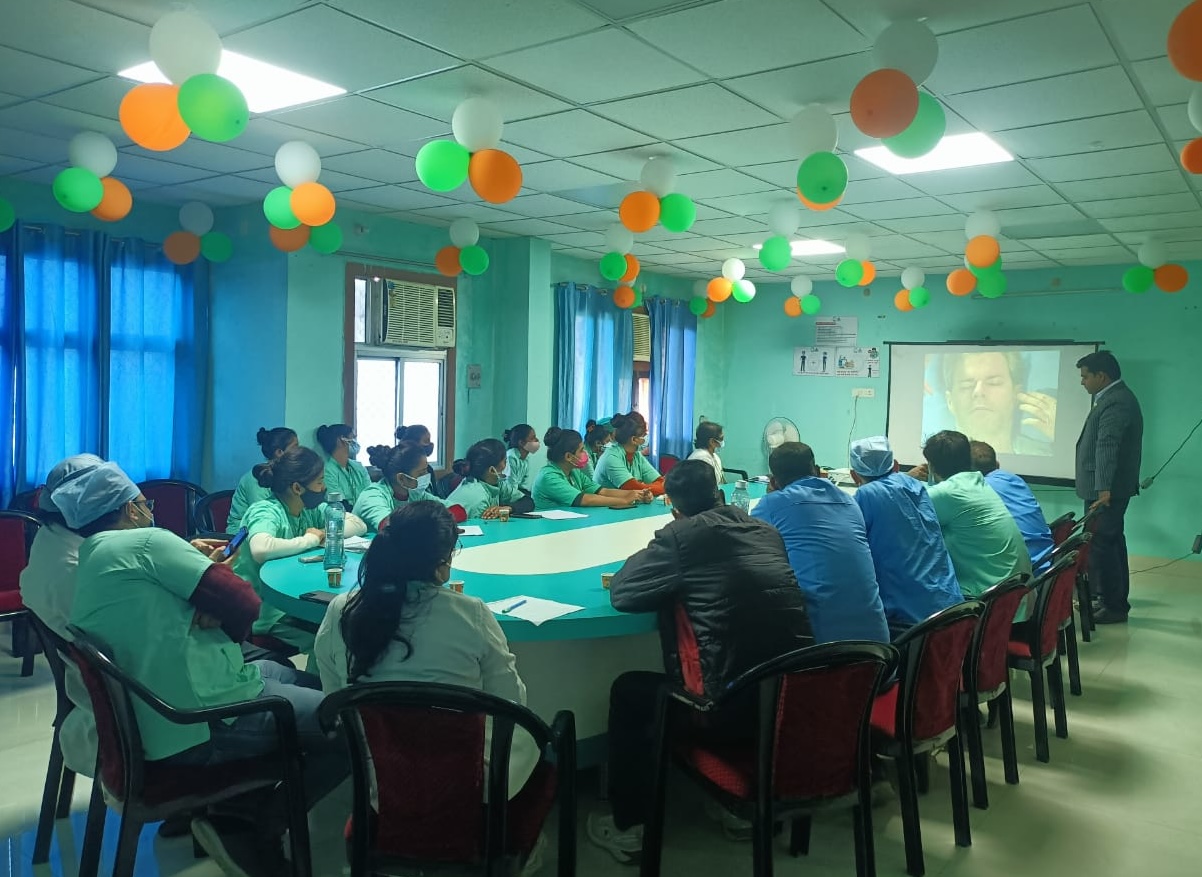
Przesuwanie jednego kamienia na raz
Częstość występowania udarów w Uttar Pradesh może wynosić nawet 340 000 rocznie. Potrzebne jest co najmniej 230 ośrodków przystosowanych do leczenia udar, aby objąć 30 procent populacji z dostępem do opieka zdrowotna. Objęcie całej populacji zagrożonej udar wymagałoby około 755 szpitali przystosowanych do leczenia udar.
Ze względu na brak infrastruktury i brak odpowiednio wyszkolonego personelu liczba ośrodków udar jest znacznie niższa od tych celów.
W scenariuszu uwzględniającym zasoby, z ograniczeniami budżetu i harmonogramami popytu, optymalizacja leczenie udaru jest zadaniem Herculean. Jednak konsultant Angels Ravish Upadhyay postrzega stan przystosowany do leczenia udar jako okazję, za którą z powodzeniem przeszedł rozsądek dla szpitali i kluczowych decydentów.
Zaczynając od Varanasi w 2021 r., znalazł 20 szpitali w sześciu miastach zlokalizowanych we wschodniej części Uttar Pradesh, które były przystosowane do wsparcia walki z udar. Następnie poszedł po kolei, aby zrzucić bariery.
Niektóre z tych wyzwań były znane – były to opóźnienia w leczenie i brak możliwości w wyniku zajętych oddziałów ratunkowy, brak protokołu udar, brak priorytetów, brak wyszkolonego personelu i chęć motywacji. Jednak największym wyzwaniem było zmiana nastawienia.Ravish musiał pokazać świadczeniodawcom opieki opieka zdrowotna, że znaczna liczba pacjentów przybyła w okresie terapia w celu leczenia tromboliza i przekonać ich, że z tego powodu konieczne jest zoptymalizowanie ścieżki leczenia udar.
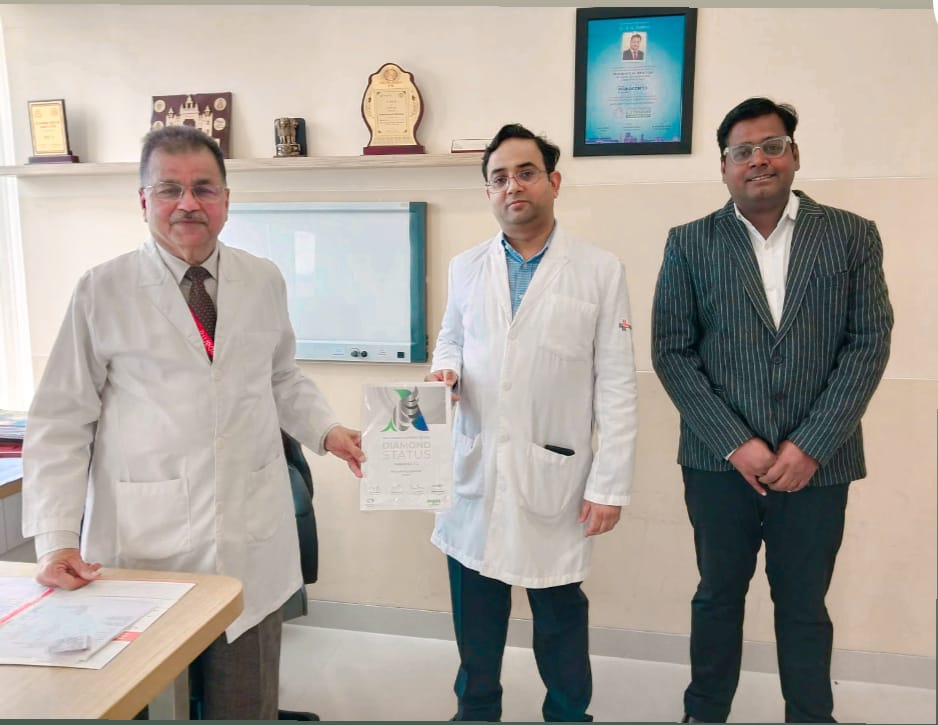
Trzymanie lusterka w górę
Ravish oparł swój przypadek na danych zebranych ze szpitali i rozpoczął szkolenie symulacja dla interesariuszy w zakresie celu poprawy ścieżki leczenia udar. Symulacje te miały miejsce późnym wieczorem, kiedy było mniej udar specjalistów udarowych, którzy mogliby nadzorować postępowanie. Dałoby mu to wgląd w standard opieki przez całą dobę.
Szkolenie symulacyjne zostało pilotowane w pięciu szpitalach – Apex Hospital, Galaxy Hospital i The Neurocity Hospital w Varanasi, Lifeline Hospital w Azmorze i Anand Hospital w Prayag Raj. Ravish miał nadzieję obserwować, że szpitale są gotowe do leczenie udar, w tym czas od przyjęcia do wdrożenia leczenie i czas przyjęcia do wykonania badania TK, procesy oceny nasilenia udar oraz korzystanie z list kontrolnych.
Wnioski, które pojawiły się po symulacjach, były uciążliwe dla oczu, ponieważ Ravish podkreślał braki, które powodowały opóźnienia w leczenie. Wydarzenia te pomogły zbudować konsensus dotyczący poprawy ścieżki leczenia udar i budowania możliwości na wszystkich oddziałach. W każdym szpitalu przydzielono również zespół, który będzie nadzorował rozwój i zarządzanie bazą danych udar.
Oto niektóre z głównych obowiązków, które Ravish rozpoczął w szpitalach:
- Tworzenie zespołu o dużym wpływie wymaga ścisłej współpracy i połączenia między małym zespołem interesariuszy. W tym celu należy utworzyć grupę interesariuszy WhatsApp w celu ciągłego dzielenia się wiedzą.
- Kalendarz szkoleń musi zostać udostępniony uczestnikom za pośrednictwem działu administracji (podejście odgórne), aby zapewnić ich dostępność.
- Personel uczestniczący w sesjach szkoleniowych musi ukończyć szkolenie i powinien być zobowiązany do pozostania na swoich stanowiskach przez co najmniej osiem miesięcy po ukończeniu szkolenia. (Proponowano to jako środek pozwalający przezwyciężyć wyzwania wynikające z rotacji personelu i krótkich umów).
- Odpowiedzialność musi być współdzielona i rozdysponowana między szefami działów, aby zapewnić stały nacisk na ukończenie szkolenia i wykorzystanie narzędzi.
- Elastyczne godziny szkoleń powinny być dostępne zarówno dla programów bezpośrednich, jak i wirtualnych oraz programów szkoleniowych dla współpracowników, aby uwzględnić stałe godziny pracy i ułatwić odpowiedzialność za proces.
- Narzędzia do monitorowania, takie jak listy kontrolne, plakat Helsiński i rejestr RES-Q, powinny być wdrożone w celu ciągłego monitorowania postępów.
- Regularnie organizuj spotkania z wszystkimi obecnymi interesariuszami, aby poradzić sobie z przeszkodami i efektywnością.
- Świętuj nagrody i certyfikacje ze wszystkimi interesariuszami, aby poprawić morale.
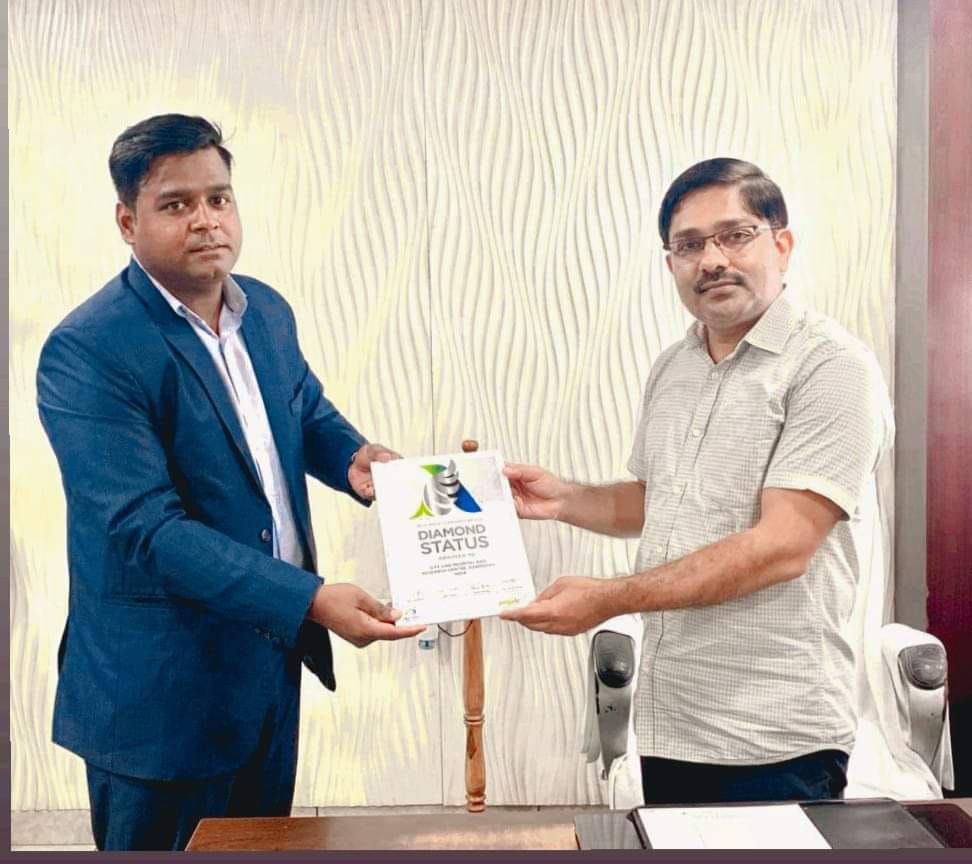
Powodzenie smaku
Te wysiłki mające na celu poprawę leczenie udaru w tych szpitalach pilotażowych nie tylko pomogły Ravishowi w budowaniu pewności siebie. Dzieląc się przykładami najlepszych praktyk tych szpitali, udało mu się rozszerzyć sieć szpitala przystosowanego do leczenia udarów mózgu. Po ustaleniu celu 20 szpitali w 2021 r. w sieci leczenia udar w Uttar Pradesh znajduje się obecnie 65 szpitali, które współpracowały z Angels. W wielu przypadkach inwestycja w szkolenia była w parze z poprawą infrastruktury medycznej, takiej jak utworzenie dedykowanych oddziałów leczenia udar i lepiej wyposażone karetki.
Kolejnym miernikiem sukcesu tej strategii jest to, że szpitale w Uttar Pradesh dotychczas otrzymały 16 nagród WSO Angels. Po pierwsze w tej linii gwiazd to Szpital Medanta w stolicy, Lucknow, którego dziewięć nagród obejmuje cztery diamenty. Szpital Lifeline Hospital i Centrum Badawcze w odległym Azamgarhu zdobyły trzy kolejne diamentowe wyróżnienia, a za Szpital Neurocity Hospital w Varanasi i Uniwersytet Medyczny King George’s w Lucknow przyznano po dwie nagrody.
Uttar Pradesh to stan wymagający ze względu na silne wpływy polityczne i kulturowe. Dla Ravish dotychczasową podróż stanowił test przywództwa, pasji i zdolności adaptacyjnych. Pozostaje w zgodzie ze swoim celem, jakim jest zapewnienie, że "każdy pacjent z udarem otrzymuje ten sam standard leczenie" i przekonanie, że sukces daje sukces.
Mówiąc o weteranskim kapecie chińskim, Shree Kapil Dev, "Spróbuj tego sukcesu raz, twój język chce więcej". Dziedzina nadal trwa!


